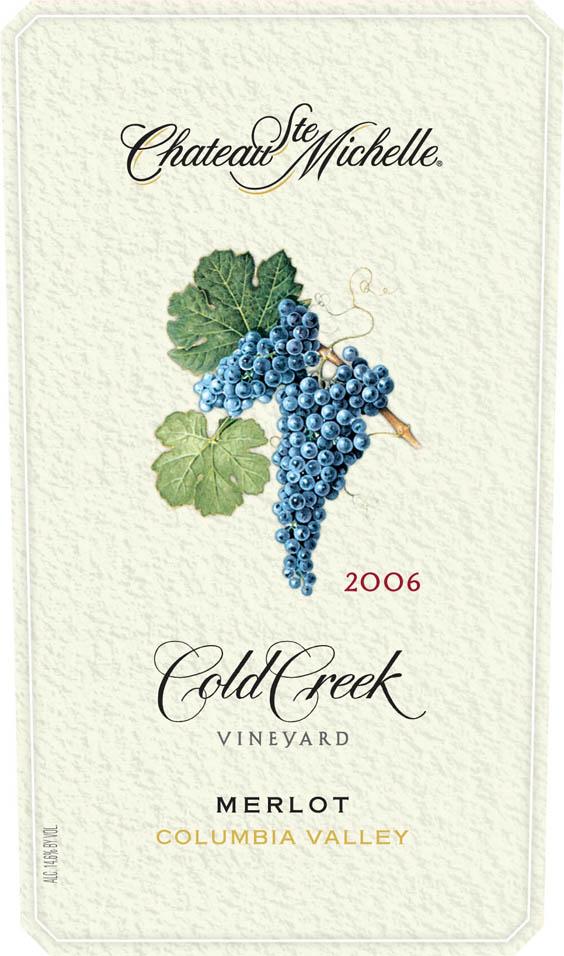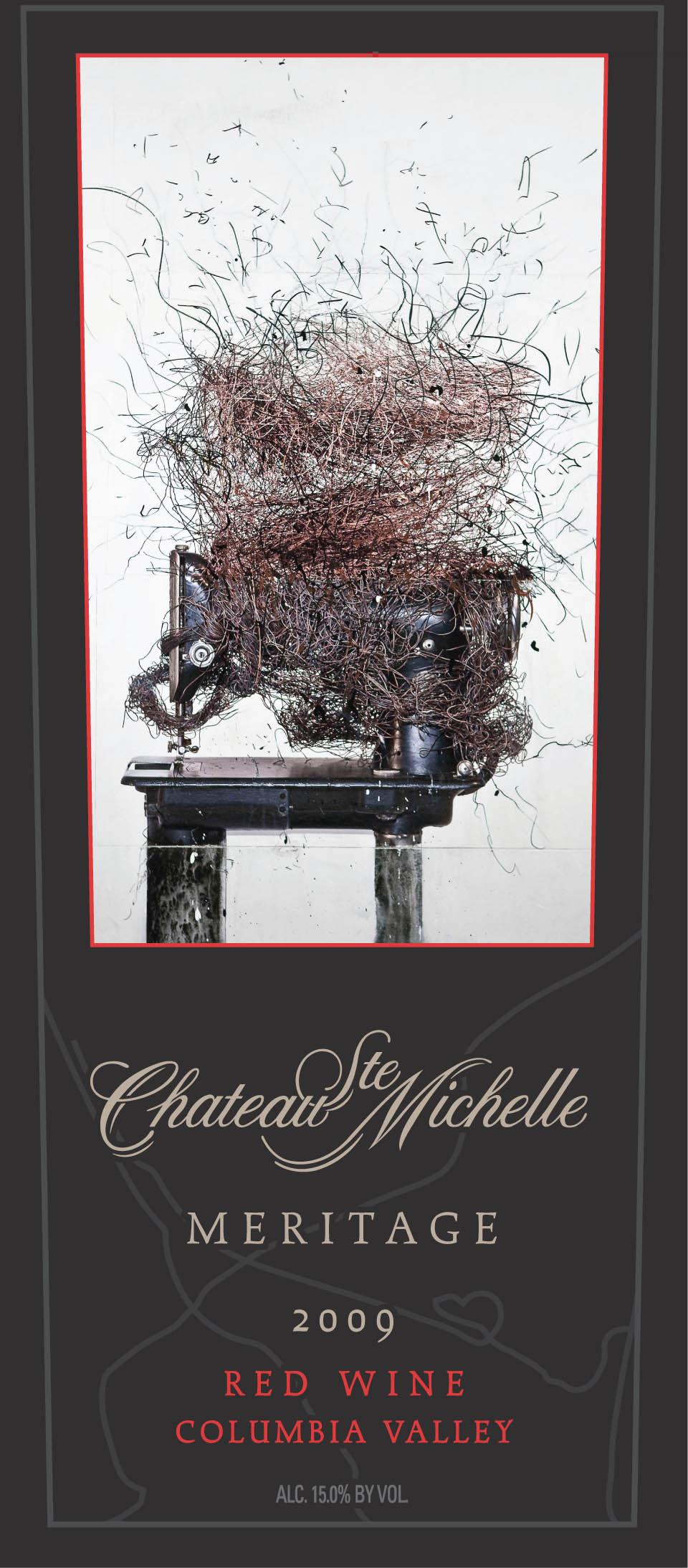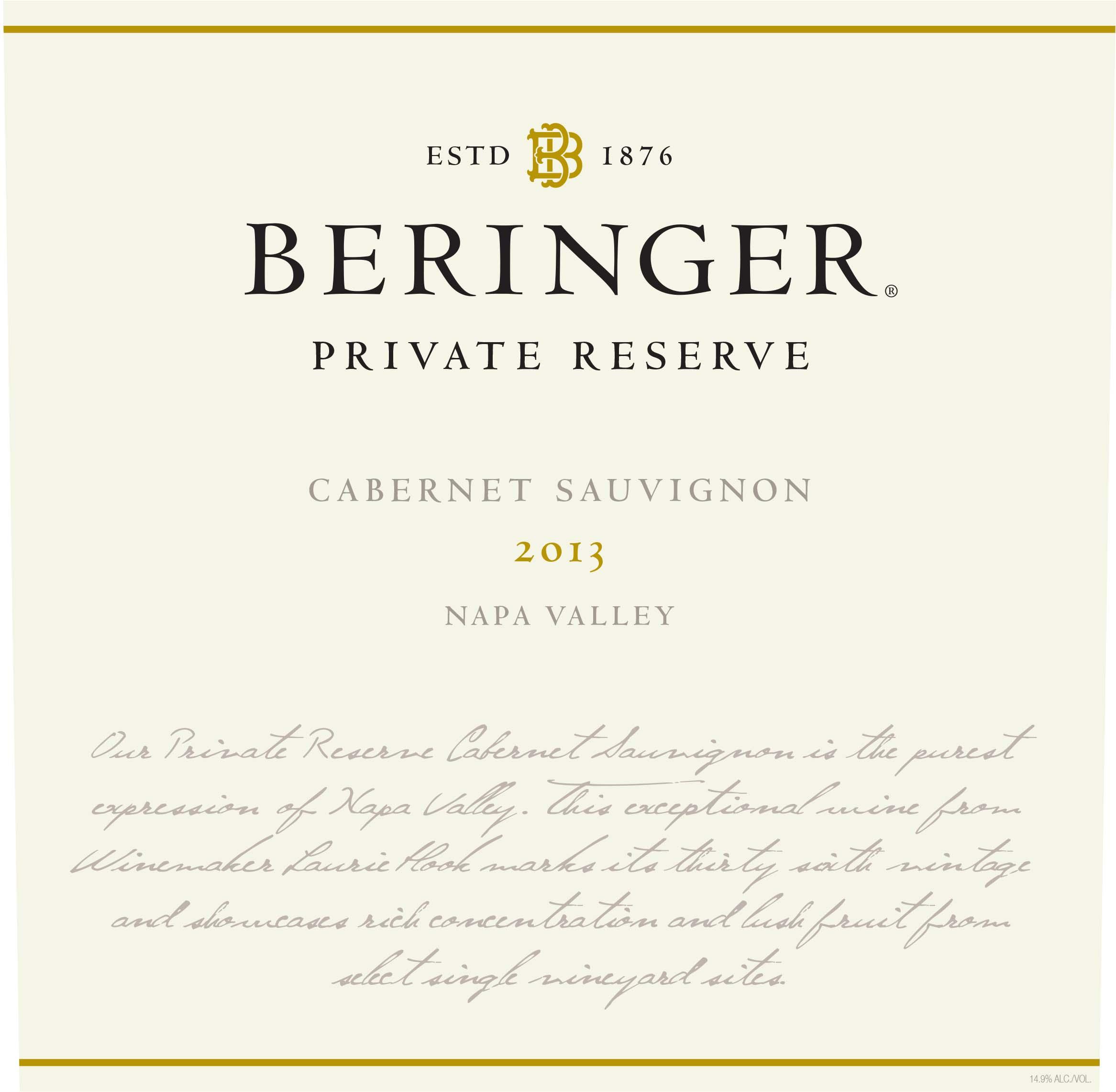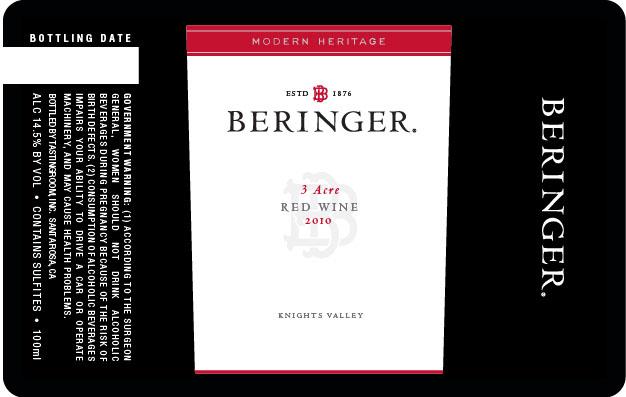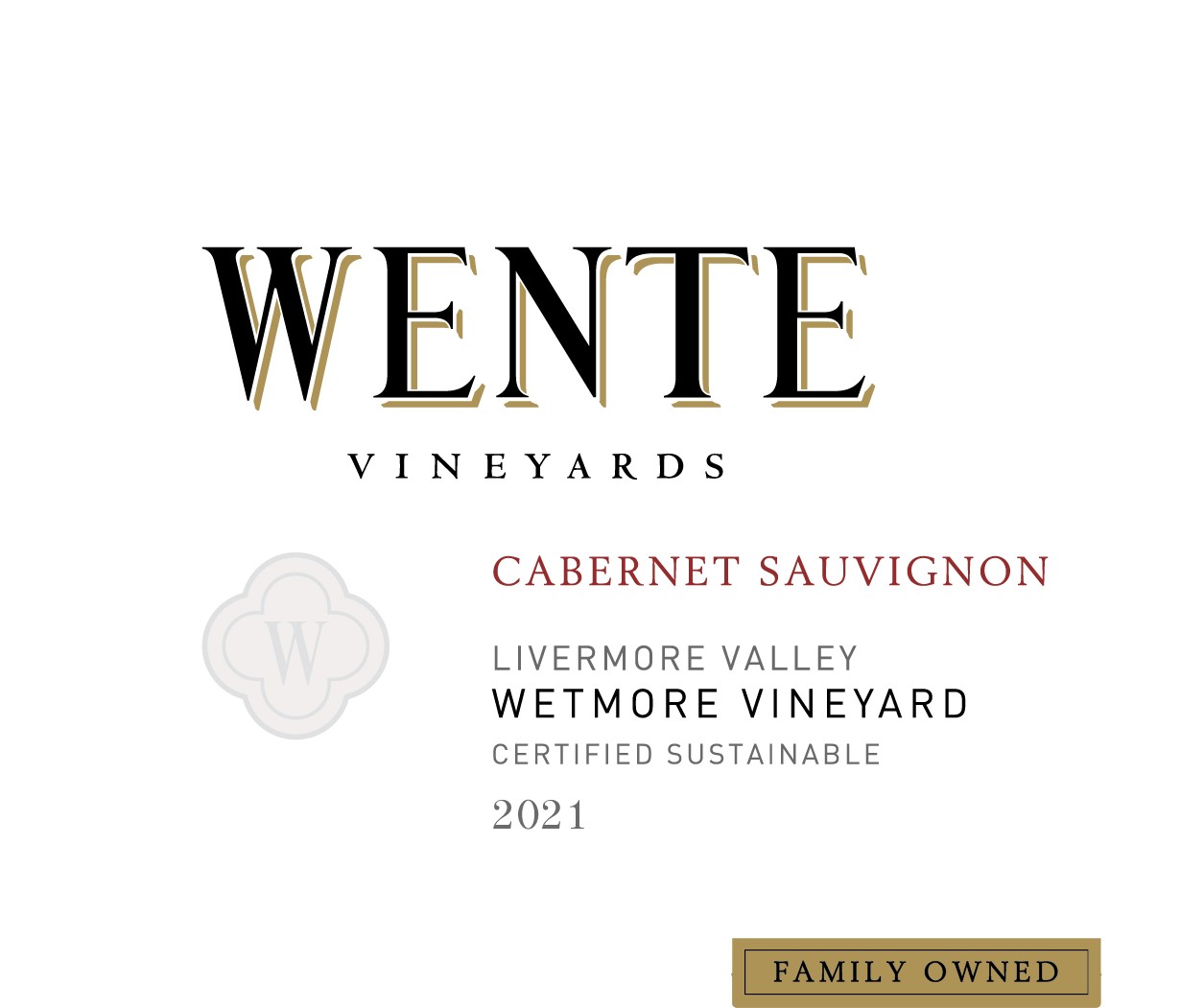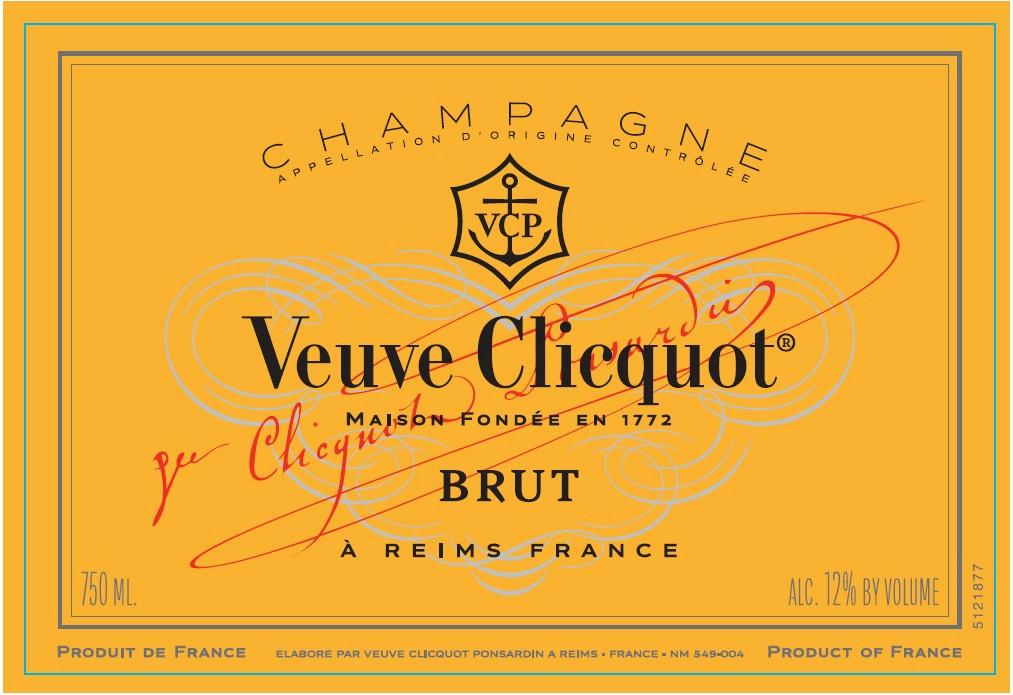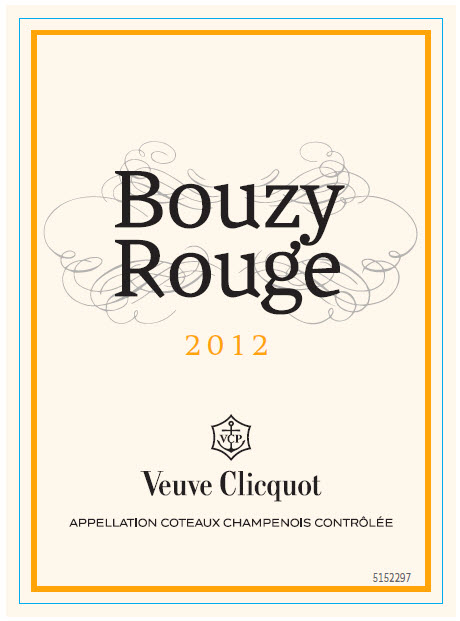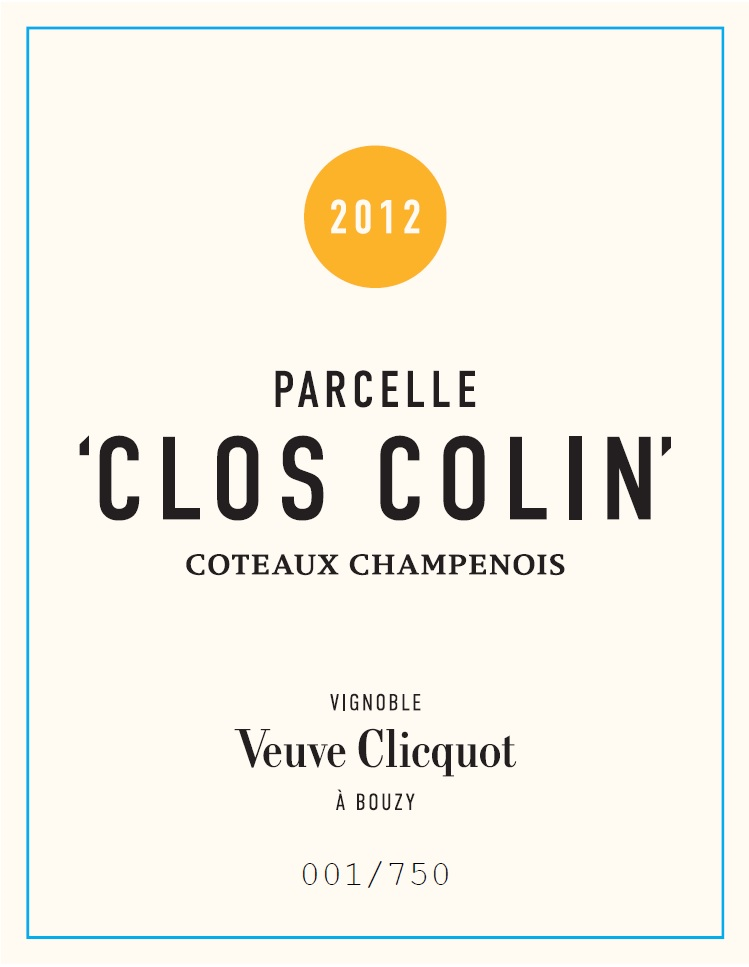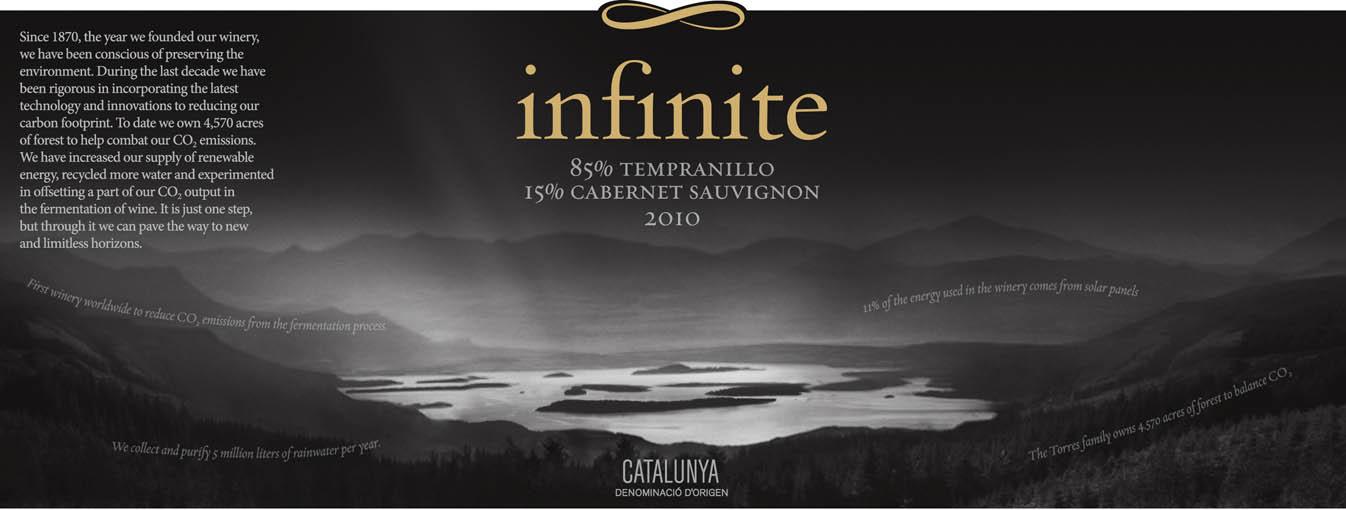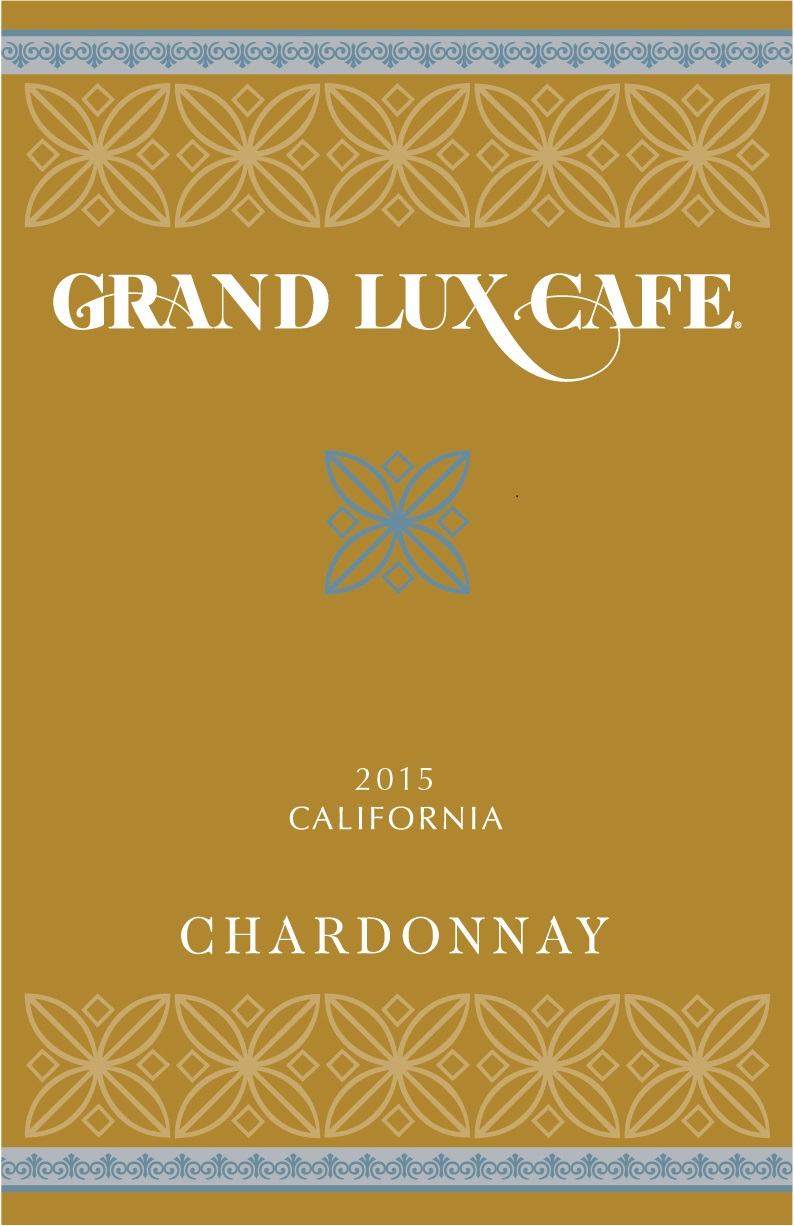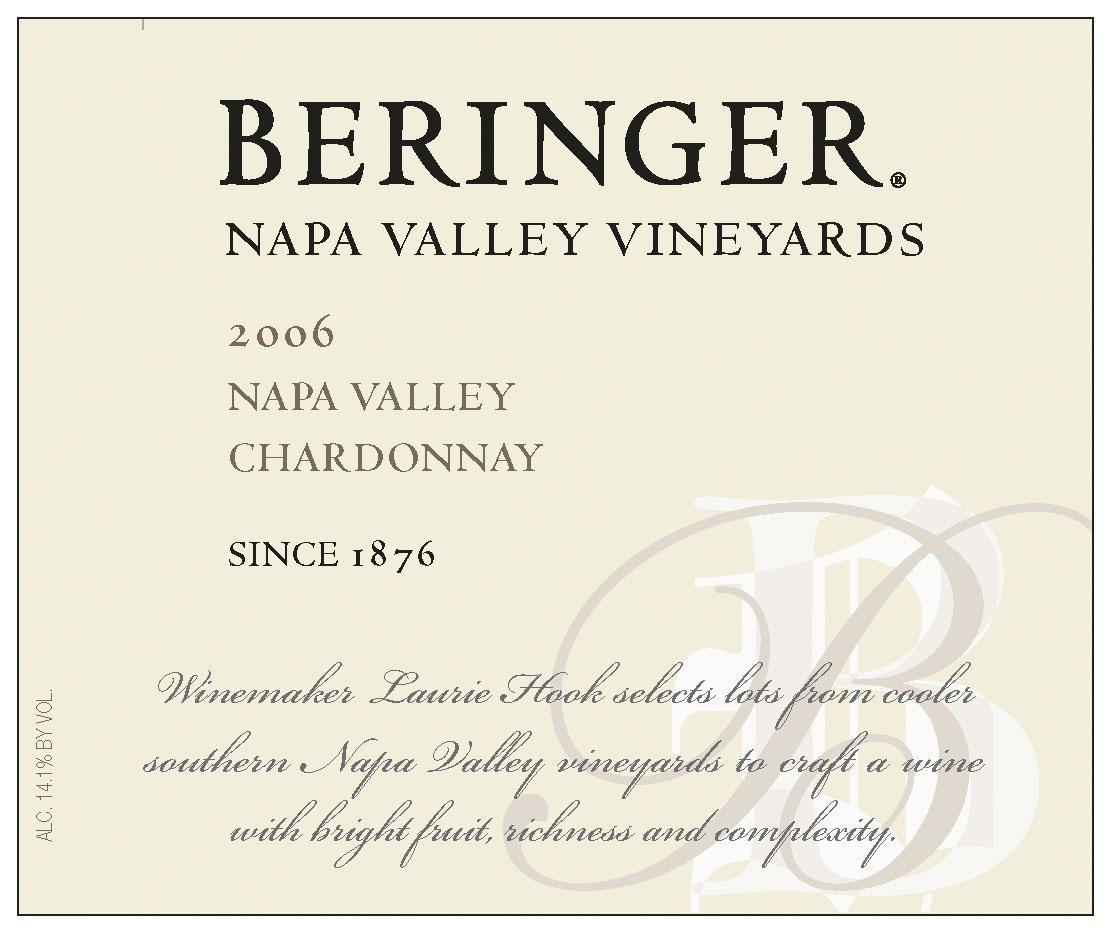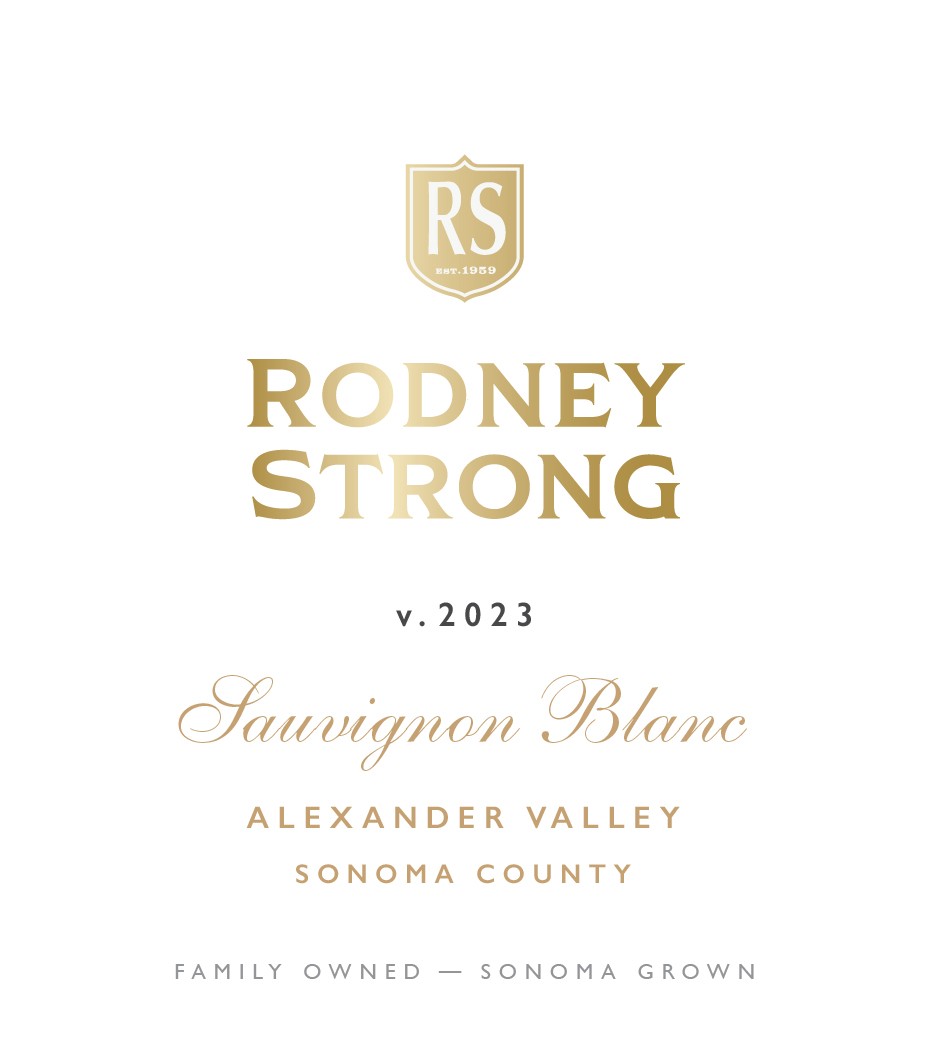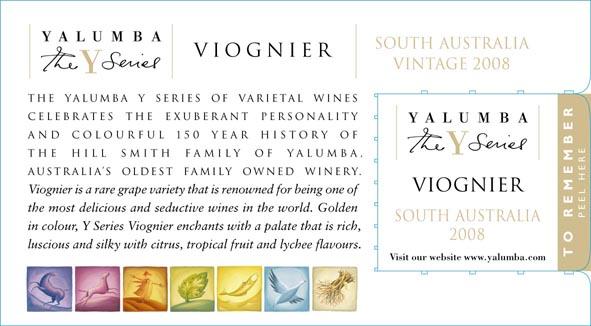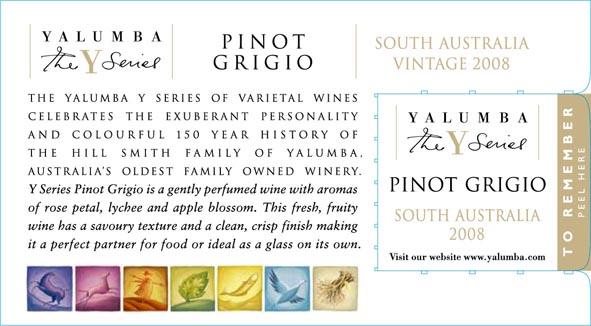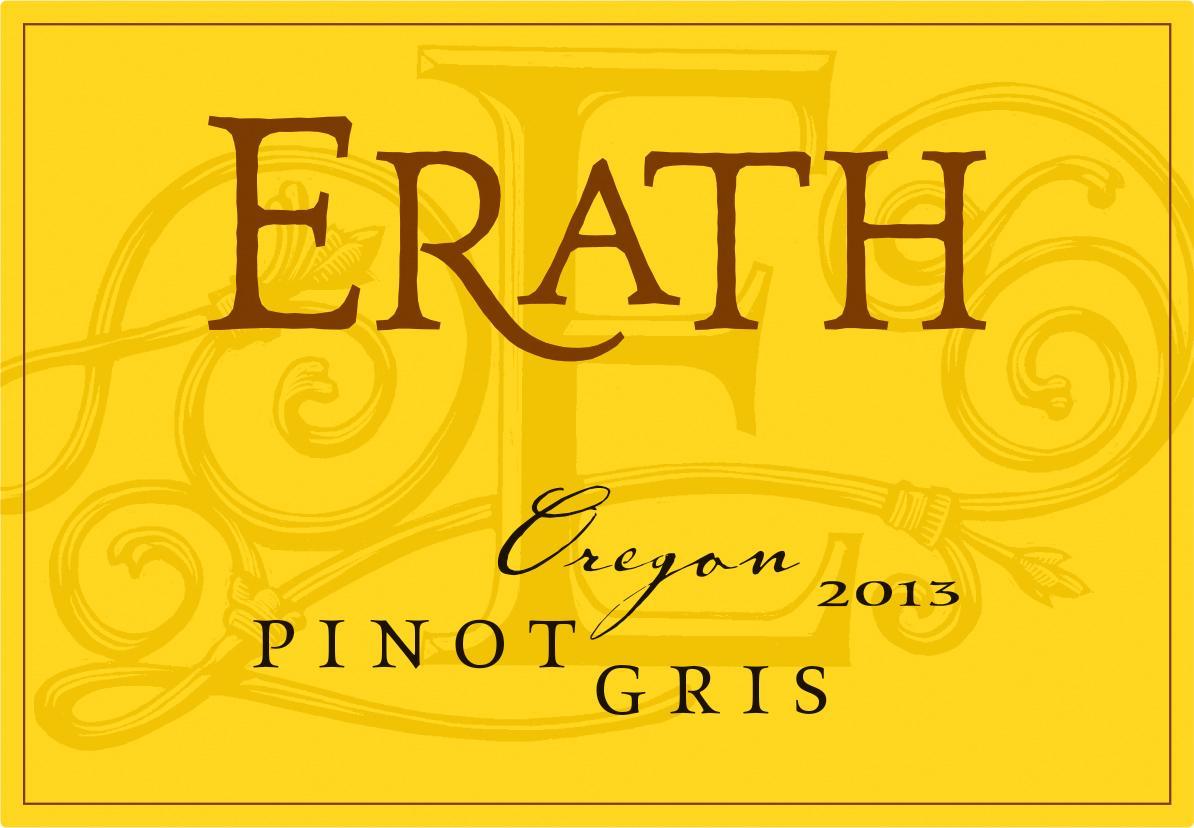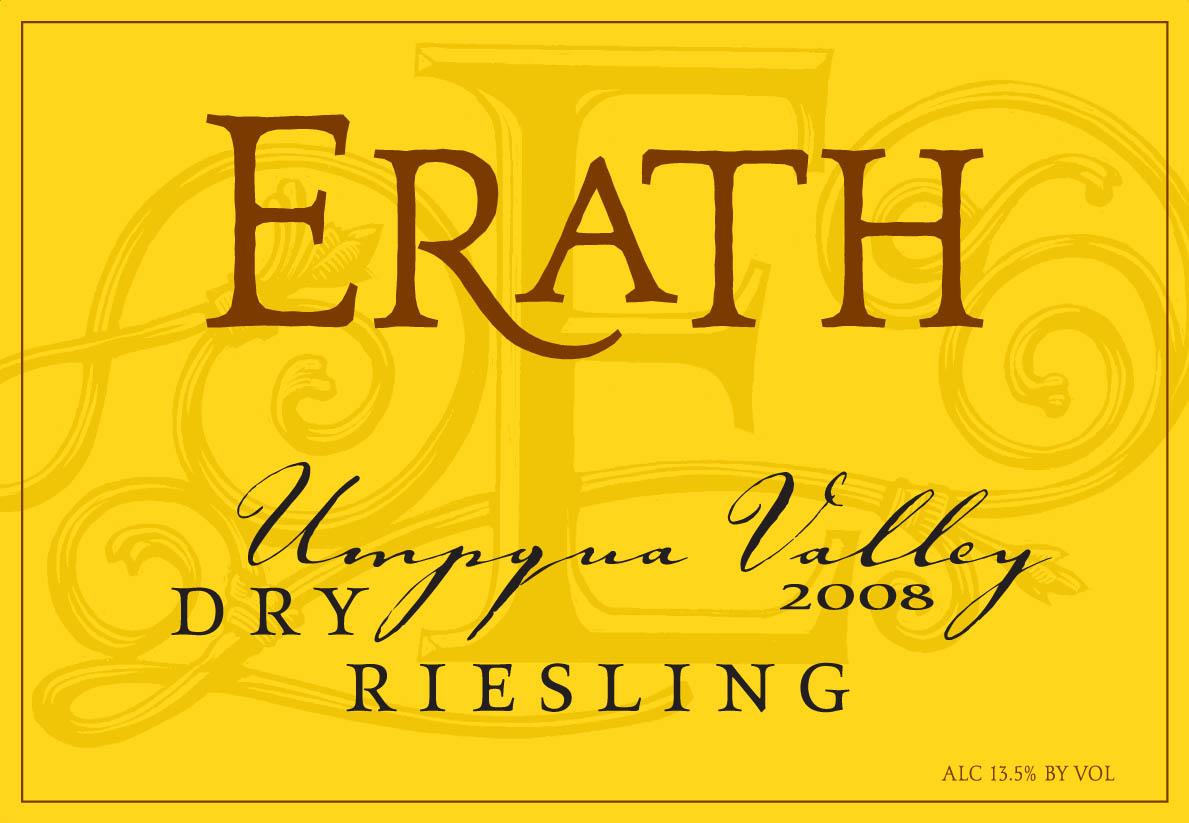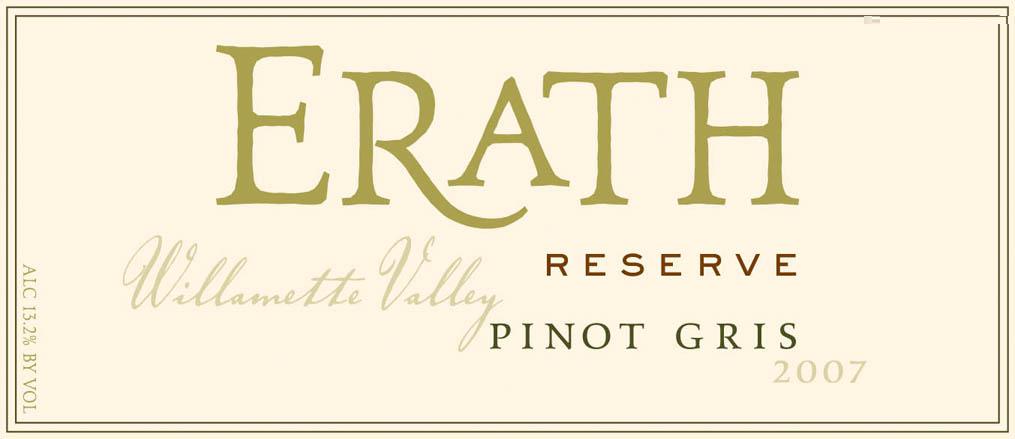Terroir of Dunnigan Hills AVA
The Dunnigan Hills AVA has a Mediterranean climate, perfect for growing grapes, with warm, dry summers and mild winters. During the day, temperatures can reach the mid-90s°F (mid-30s°C), but nights are much cooler, helping maintain grape acidity and boost aromatic complexity. Vineyards sit on low ridges about 400 feet above the valley floor, offering varied sun exposure and unique microclimates. This helps grapes like Syrah and Tempranillo develop distinct flavors.
Soil types include gravelly red loams on hilltops, which drain well and promote deep root growth, and silt and clay loams downslope, which retain moisture. Afternoon Delta breezes cool the area, preventing overripe flavors. These conditions support a variety of grapes, leading to wines that showcase the natural traits of the Dunnigan Hills terroir.
Notable Wineries in Dunnigan Hills AVA
In California's Dunnigan Hills AVA, several notable wineries stand out for their dedication to quality and unique expressions of the region's terroir. These include:
-
R.H. Phillips Winery: Established in 1984 by the Giguiere brothers, this winery was pivotal in elevating the AVA's reputation with its robust reds. Though the original site no longer hosts a tasting room, its vineyards continue to produce quality grapes.
-
Matchbook Wine Company: Revived by the Giguiere family in 2005, this estate focuses on small-batch wines like Cabernet Sauvignon and Syrah, offering tastings that highlight their vineyard's character.
-
Grindstone Wines: A boutique winery known for its spicy Syrah and refreshing Sauvignon Blanc, offering a cozy tasting experience with scenic views, but with limited hours for visits.
Sustainable Winemaking in Dunnigan Hills AVA
In the heart of California's Dunnigan Hills AVA, sustainability is more than a trend—it's a commitment to preserving the land for future generations. Growers here embrace water conservation techniques like drip and regulated deficit irrigation, ensuring vines thrive with minimal water waste. Many adopt organic and biodynamic practices, using composts and cover crops to enhance soil health and reduce erosion, while integrated pest management minimizes chemical use.
Energy conservation is equally important, with some winemakers switching to solar power and using energy-efficient equipment. Recycling efforts extend to reusing rinse water and opting for lighter or recycled glass bottles. Industry-wide, there is strong engagement with California sustainable winegrowing programs, guided by experts from UC Davis and local viticulture groups. This holistic approach ensures the Dunnigan Hills AVA produces high-quality wines while prioritizing ecological balance and sustainability.
Wine Tourism in Dunnigan Hills AVA
Dunnigan Hills AVA, located in California's Central Valley, offers a unique wine tourism experience. Visitors can enjoy intimate tastings at Matchbook and Grindstone wineries, set against the backdrop of scenic vineyards. These tastings often require reservations due to limited hours.
The region is ideal for self-guided tours along rural roads, revealing picturesque landscapes of vineyards and orchards. Nearby attractions include the vibrant town of Davis, known for its farm-to-table dining, and the charming Capay Valley.
While Dunnigan Hills doesn't host large wine festivals, it participates in regional events featuring vineyard walks and harvest celebrations. The area's commitment to sustainability is evident in its winemaking practices, ensuring a balance with nature while producing high-quality wines.
This blend of natural beauty, community spirit, and exceptional wine makes Dunnigan Hills an appealing destination for wine enthusiasts.




